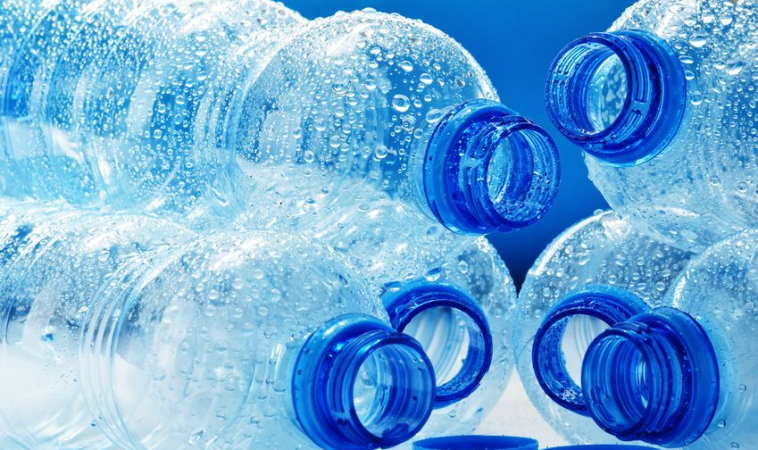CALGARY, Canada – Scientists have proven that BPA and BPS, chemicals found in household plastics, both do harm, according to a study out of Calgary, Alberta, on the chemical’s impact on zebrafish development.
About 80 percent of the genes found in people have a counterpart in zebrafish — and possess very similar developmental processes as humans.
The research from the University of Calgary was published in the January 2015 online edition of Proceedings of the National Academy of Sciences (PNAS).
While it was known that BPA is harmful to health, its replacement known as BPS (bisphenol S) also causes brain development alterations – and increases hyperactivity in zebrafish exposed to it.
The study researchers exposed zebrafish to concentrations of chemicals set to the levels found in the Bow and Old Man rivers of Alberta, and found that the exposure changed the timing when neurons were formed in zebrafish brains, alerting the scientists to the plausibility that exposure to these chemicals may impact human prenatal development.
The study states that in zebrafish the neurons in developing brains increased by 180 percent compared with unexposed fish. It also found that BPS exposure increased the number of neurons by 240 percent in similar experiments.
In conclusion the scientists say the result of BPS exposure was a change in behavior, with the fish demonstrating greater hyperactivity later in life.
Researchers are saying this discovery is a “smoking gun” and say more studies are needed to explore the potential effect on human brains developing in the womb.
http://www.pnas.org/content/112/5/1475.full?sid=c0f2299b-11b3-4c41-bc78-8087fd1425ca
















